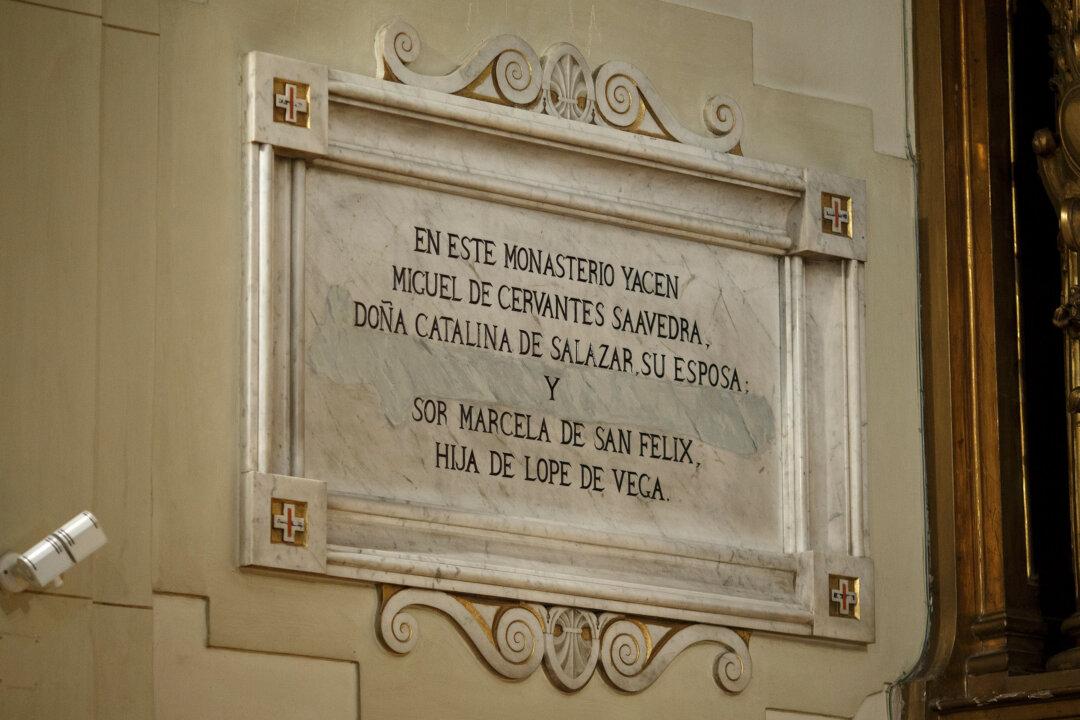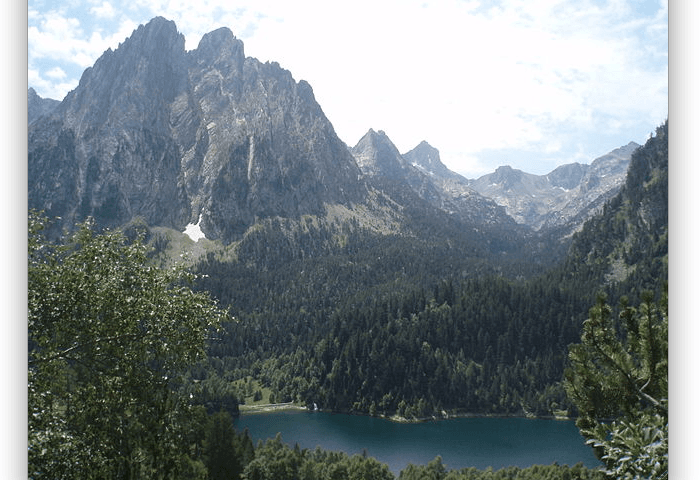MADRID—The Tibetan Support Committee (CAT) appealed against the filing of the Tibetan genocide case to the Supreme Court of Spain, and CAT reported on it half September.
In 2013, the lawsuit resulted in an arrest warrant against former dictator and Chinese Communist Party Secretary Jiang Zemin, and four other senior leaders for their policies of genocide.
“On Sept. 18, CAT (Tibetan Support Committee) and co-complainants, Foundation Tibet House and Thubten Wangchen, the foundation’s founder from Barcelona and member of the Tibetan Parliament in exile, filed an appeal against the filing of the Tibetan case to the Audiencia Nacional (the Spanish High Court),” said Alan Cantos, President of CAT, in communication with Epoch Times.
According to this appeal, “the procedure continues, because of the crimes of genocide, crimes against humanity, torture, enforced disappearances against the Tibetan population, terrorism, and war crimes.”
The document “denounces that the judges of the High Court who filed the case, ignored pronouncing on the obligation of Spain to prosecute war crimes under the Geneva Conventions, as it was being firmly reminded by the dissenting vote of five judges.”
Furthermore, the filing “argues that it is an obligation, in accordance with international law, to prosecute all international crimes denounced in the case. Spain is obliged to comply in good faith with international treaties.”
“Since the case handles acts of state terrorism, and there is a Spanish victim, Thubten Wangchen, the new law allows its prosecution in Spain,” claimed Alan Cantos.
Wangchen is a Tibetan Buddhist monk who emigrated to Spain in the 80s, after visiting the country with the Dalai Lama. On Sept. 25, 1998, he obtained Spanish nationality, and in 2011, he became an elected member of the Tibetan Parliament.
On Nov. 18, 2013, in the Tibetan court case in Spain, the Court of Appeal issued an arrest warrant against Jiang Zemin, former Premier Li Peng, former security chief Qiao Shi, former Communist Party Secretary Chen Kuiyuan, and former Minister of Family Planning Pelyun Peng.
Former Chinese leader Hu Jintao was later added to the lawsuit. Among the evidence, there are “testimonies of former political prisoners, international experts, killing and torture reports, and the reports of the International Campaign for Tibet (ICT), and other organizations.”
Judicial Reform
On Feb. 11, 2014, the Lower House of the Spanish Parliament approved of the amendment of the Organic Law of the Judiciary, including Article 23.4. This amendment, which allowed immediate dismissal of cases under universal jurisdiction, was passed with votes of the ruling Popular Party (PP) opposing the rest of the parties. This reform impacted the Tibetan case as well as a Falun Gong case, both accusing former Chinese leaders of genocide crimes.
In September, the appeal by Tibetan Support Committee against the filing of the Tibetan case, noticed that “international crimes in Tibet cannot be prosecuted before the International Criminal Court, which does not recognize China or Chinese courts, whose judges follow the political instructions of the Chinese Communist Party. Therefore, the definitive closure of this case would tip the scales of justice retroactively in favor of impunity, ignoring international law which, since the Nüremberg trials, should prosecute those guilty of genocide and torture.”
The document claims that this was not considered in the legal reform of the Popular Party, who already made an appeal submitted by 50 MPs to the Constitutional Court last June.



